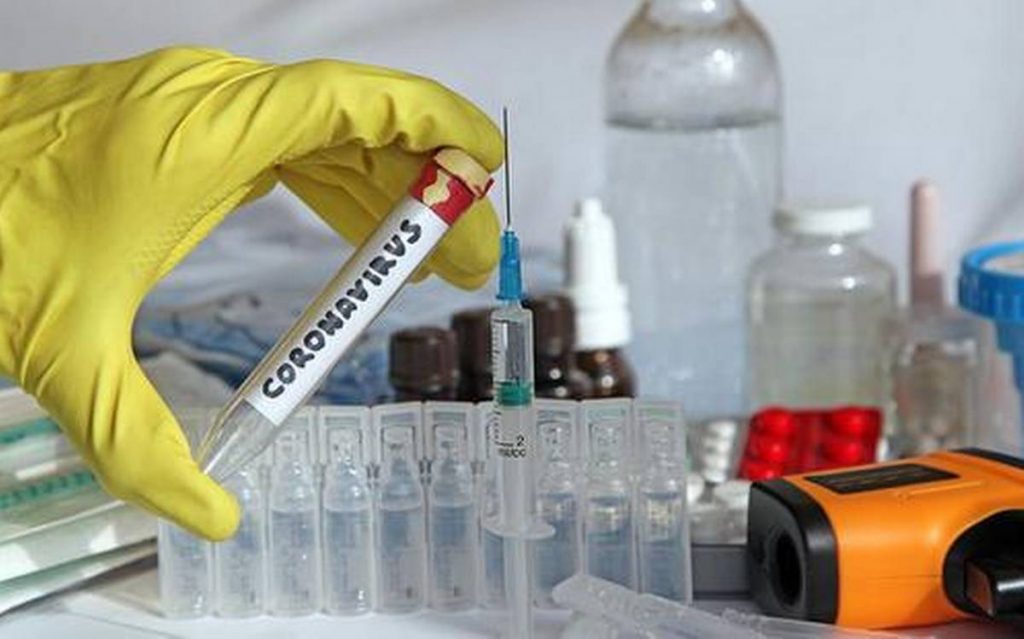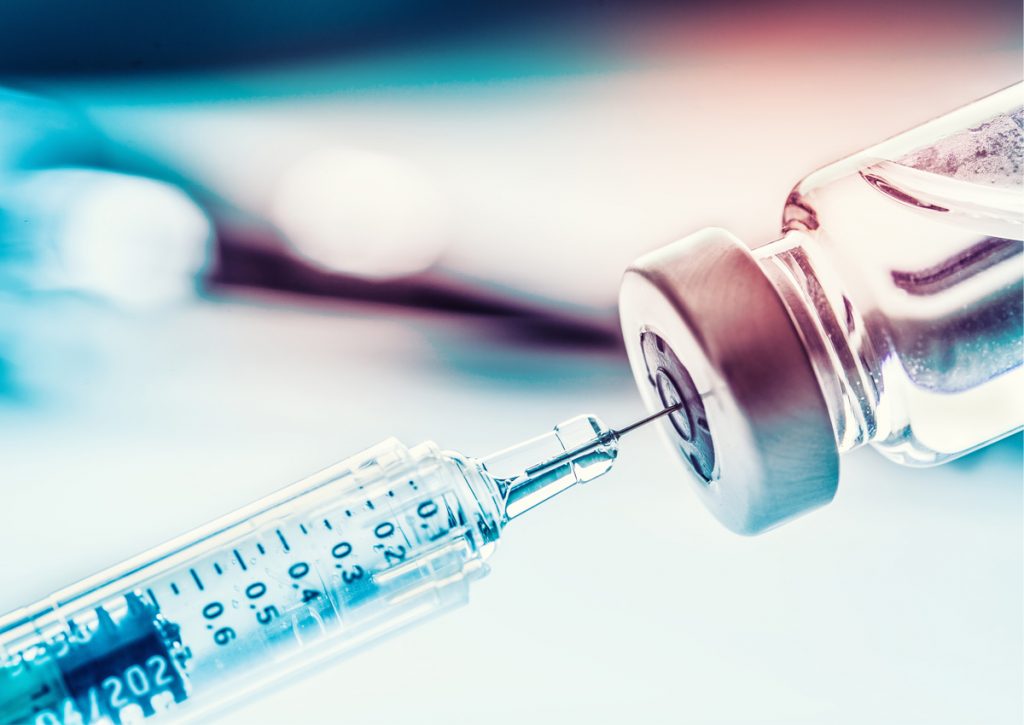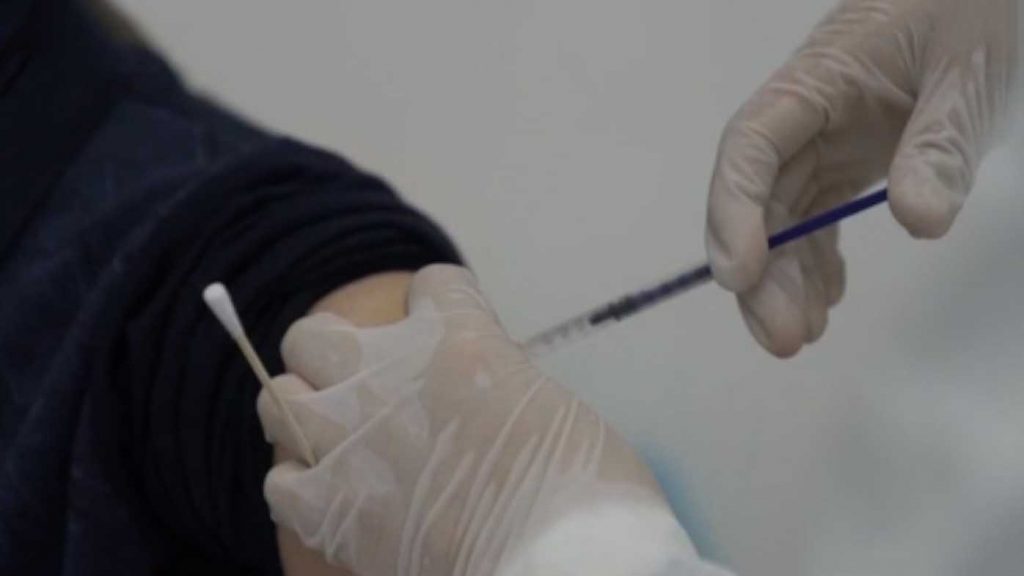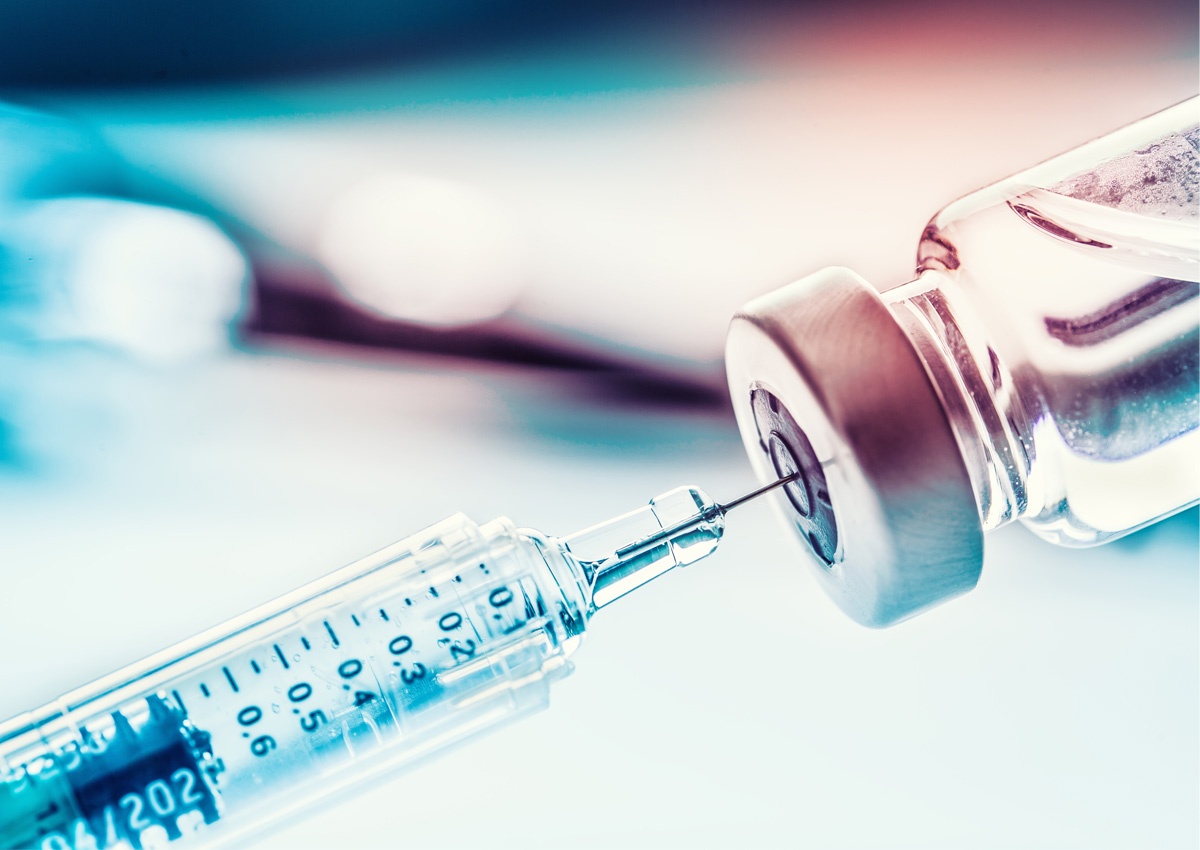On May 6, the U.S. Food and Drug Administration (FDA) completed its review of the Company’s Investigational New Drug (IND) application for mRNA-1273 allowing it to proceed to a Phase 2 study, which is expected to begin shortly.

Moderna is finalizing the protocol for a Phase 3 study, expected to begin in early summer of 2020. Funding from the Biomedical Advanced Research and Development Authority (BARDA), a division of the Office of the Assistant Secretary for Preparedness and Response (ASPR) within the U.S. Department of Health and Human Services (HHS), supported the planning for these studies and will also support the late-stage clinical development programs, as well as the scale-up of mRNA-1273 manufacturing both at the Company’s facilities and that of its strategic collaborator, Lonza Ltd.
Moderna, Inc., (Nasdaq: MRNA) a clinical stage biotechnology company pioneering messenger RNA (mRNA) therapeutics and vaccines to create a new generation of transformative medicines for patients, today announced that the U.S. Food and Drug Administration (FDA) has granted Fast Track designation for the Company’s mRNA vaccine candidate (mRNA-1273) against the novel coronavirus (SARS-CoV-2).

“Fast Track designation underscores the urgent need for a vaccine against the novel coronavirus,” said Tal Zaks, M.D., Ph.D., Chief Medical Officer at Moderna. “As we await the full set of clinical data from the NIAID-led Phase 1 study, we are actively preparing for our Phase 2 and Phase 3 clinical studies to continue learning about the potential of mRNA-1273 to protect against SARS-CoV-2.”
Moderna has received initial feedback from the FDA on the design of the planned Phase 2 study, which will evaluate the safety, reactogenicity and immunogenicity of two vaccinations of mRNA-1273 given 28 days apart. In the second phase, Moderna will enroll 600 healthy volunteers, half of whom are 18-55 years old and the rest over 55 years old, for the trial of its experimental mRNA vaccine candidate, mRNA-1273.

Moderna is advancing messenger RNA (mRNA) science to create a new class of transformative medicines for patients. mRNA medicines are designed to direct the body’s cells to produce intracellular, membrane or secreted proteins that can have a therapeutic or preventive benefit and have the potential to address a broad spectrum of diseases.
From Moderna Therapeutics getting fast-track approval from the US Food and Drug Administration (FDA) for its Covid-19 vaccine to Novavax moving to humans trials, the world is trying its best to lay its hands on a vaccine.

